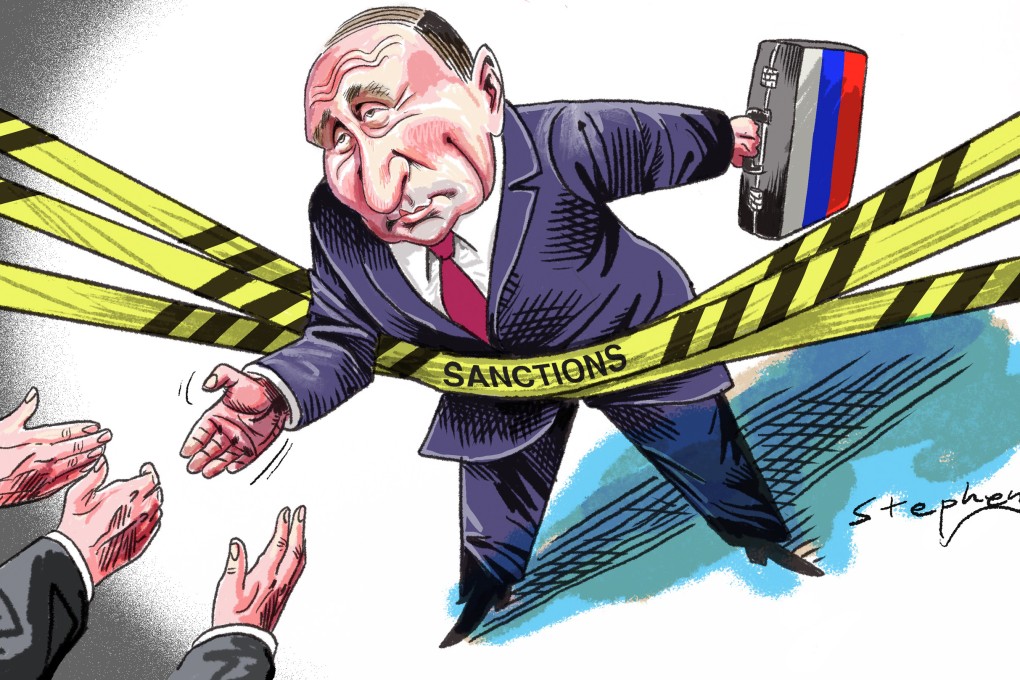Advertisement
Opinion | Amid Western sanctions, Putin courts Southeast Asia at belt and road forum
- Putin discussed trade and cooperation with Thai, Vietnamese and Laotian leaders, and held informal talks with Indonesia’s Widodo
- Despite unprecedented sanctions to isolate Russia, there are those in the Global South still keen to deepen relations with Moscow
Reading Time:4 minutes
Why you can trust SCMP
12

Several Southeast Asian leaders were feted by Russian President Vladimir Putin at last week’s Belt and Road Forum in Beijing as part of his pivot to Asia, elevating the importance of the region’s political centrality and economic vitality to Russia’s Indo-Pacific strategy.
This was Putin’s second official foreign trip since the International Criminal Court issued an arrest warrant for him. To the surprise of many observers, his main scheduled meetings were dedicated to Southeast Asian leaders, including new Thai Prime Minister Srettha Thavisin, Vietnam’s recently appointed President Vo Van Thuong and Laos President Thongloun Sisoulith. Putin also had an unscheduled informal discussion with Indonesia’s President Joko Widodo.
Moscow sees Thailand as important in its push to develop deeper diplomatic ties with Southeast Asia, though commerce was the focus of the discussion last week. The meeting between Putin and Thavisin concentrated on their commitment to increase bilateral trade, which fell sharply last year with the start of the Ukraine war but has since shown tentative signs of revival.
About a third of Thailand’s exports to Russia are cars, automotive parts and machinery, among other high value-added products. Thailand also exports large volumes of processed commodities to Russia, including refined oil, seafood and various agricultural products. There is much potential for Thailand’s industrial and agricultural products to replace the Western brands removed from the Russian market.
Putin and Thavisin have resolved to boost trade between their countries to US$10 billion a year, a target to be supported by a joint commission on economic cooperation. Thailand is also negotiating a free-trade agreement with the Russian-founded Eurasian Economic Union.
The Land of Smiles has proven popular with Russian tourists, too, attracting nearly 1 million so far this year, and the country plans to boost Russian arrivals to 2 million next year. To support this, Putin and Thavisin agreed to increase flights between Russia and Thailand. The Thai authorities have also tripled the length of visa-free stays for Russians to 90 days. Among those arriving soon may well be Putin himself, whom Thavisin has invited for a state visit.
Advertisement
Select Voice
Choose your listening speed
Get through articles 2-3x faster
1.1x
220 WPM
Slow
Normal
Fast
1.1x
